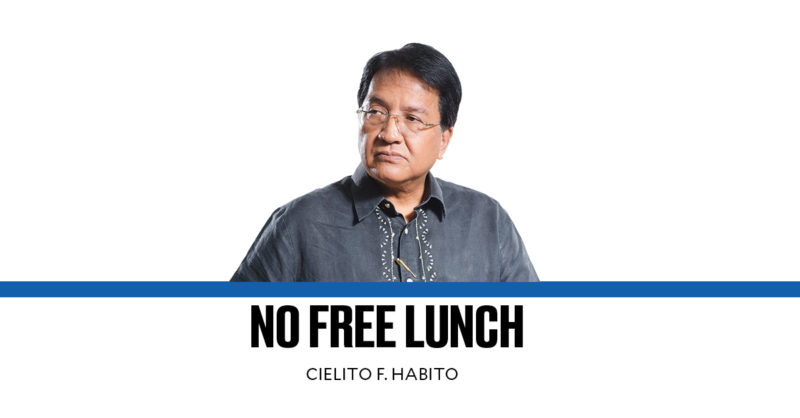It has been a year since the passing of President Fidel V. Ramos, whose presidency from 1992 to 1998 brought forth significant economic reforms for the country. His guiding principle was deregulation, which played a crucial role in his development strategy for the nation. For Ramos, deregulation meant empowering the private sector to excel, promoting fair competition for businesses of all sizes, and removing unnecessary government interference that hindered productive business initiatives.
When Ramos took office, the pressing concern was the severe power shortage that led to prolonged blackouts, crippling economic activities nationwide. However, relying on the financially constrained government to fund new power capacity installations was not a viable option, just as it was during the previous Cory Aquino administration when the Bataan Nuclear Power Plant was decommissioned. Thus, Ramos introduced the concept of BOT (build-operate-transfer) schemes and similar models, which later became known as public-private partnerships or PPPs. The Philippines was at the forefront, being the first to establish a legal framework to support this type of infrastructure provision. Towards the end of Ramos’ term, water services were also privatized, with Manila Water’s success becoming a globally recognized model for water service privatization.
Under President Cory Aquino, trade and investment liberalization began through the Foreign Investments Act (FIA) of 1991 (Republic Act No. 7042), which adopted a negative list approach. Additionally, Executive Order No. 413 simplified and lowered import tariffs comprehensively. However, some vocal legislators opposed the tariff changes, arguing that it was within their jurisdiction. Economic officials, myself included, worked closely with Congress leaders to draft a law that would implement Aquino’s ambitious tariff reform. Yet, a year later, the politicians decided to have her issue the reform as her own to avoid potential backlash. President Aquino’s EO 413 was then issued as EO 470, mostly unchanged except for the phased reduction of tariff rates instead of an immediate reduction as Finance Secretary Jess Estanislao had proposed. Inspired by Chile’s low uniform tariff rate system, President Ramos pursued further phased reductions towards a uniform five percent rate by 2004. Unfortunately, this progress was later halted and reversed by President Gloria Macapagal Arroyo.
Ramos also played a significant role in embracing regional and global economic integration. The Philippines joined the Asean Free Trade Agreement early during his presidency, and he actively supported the Asia-Pacific Economic Cooperation (Apec), culminating in the country hosting the annual Apec gathering in 1996. Another notable achievement was the deregulation of the oil industry, which introduced competition, removed political influences from domestic petroleum prices, and relieved the burden of the oil price stabilization fund deficit. However, other game-changing reforms such as electric power industry reform, competition law, and the freeing of the rice trade from counterproductive government control were implemented long after Ramos’ tenure.
While some setbacks and partial implementation occurred, the Philippines has mostly established major policy reforms that have set the economy on a path of robust, sustainable, and inclusive growth. However, bureaucratic obstacles and a regulatory mindset continue to hinder economic initiatives and hinder citizens. To truly advance in the 21st century, we must shift from a regulatory mindset to an enabling and developmental one, ensuring that our bureaucrats support economic progress and the well-being of our people.
Denial of responsibility! VigourTimes is an automatic aggregator of Global media. In each content, the hyperlink to the primary source is specified. All trademarks belong to their rightful owners, and all materials to their authors. For any complaint, please reach us at – [email protected]. We will take necessary action within 24 hours.


